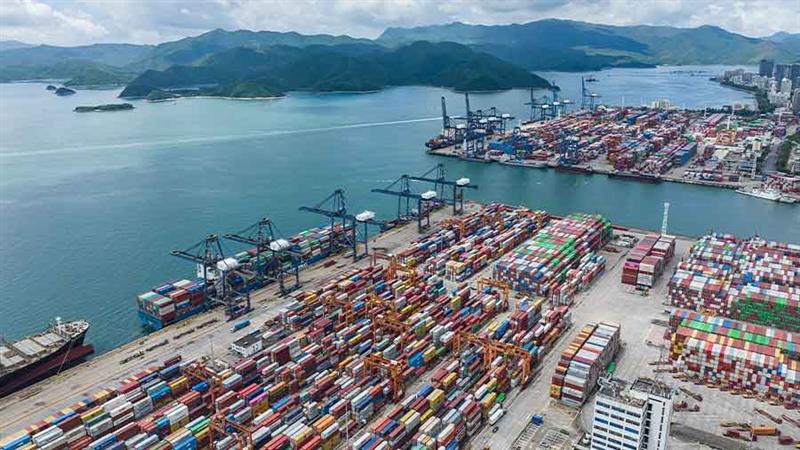China Approves Tax Breaks and Subsidies for Service Outsourcing Industry
Feb. 3 – The State Council has approved tax breaks and subsidies to boost the growth of China’s service outsourcing industry.
The measures will also include a series of tax and fiscal policies and intellectual property rights protection, reports Xinhua. Businesses dealing with information technology, training, production materials procurement, logistics, and advertising are qualified to be service outsource providers.
The government is also offering service outsourcing companies a subsidy of up to RMB4,500 annually per college graduate employed for at least one year.
The measure is the latest in the government’s efforts to provide jobs for the country’s graduating students and migrant works. According to a survey done by the Ministry of Agriculture, 20 million out of a total estimated 130 million migrant workers have been forced to return to rural areas because of unemployment.
Companies will also be eligible for favorable tax policies in 20 Chinese cities, including Beijing, Shanghai, Xi’an, Suzhou and Hangzhou, which have been cited as pilot service outsourcing regions.
Service outsourcing companies will also be allowed to implement flexible working hours for employees as long as it gets approval from local human resources departments.
Moreover, companies based in central and west China will be give favorable tax policies for loans to begin service outsourcing projects. The new rule aims to improve the quality of the workforce by developing an outsourcing supervision mechanism, introducing new insurance products and building a network of trained outsourcing personnel.
One example is Suzhou Industrial Park which offers service companies an income tax rate of 15 percent in comparison to 25 percent found elsewhere in the country.
The service outsourcing industry works by having service operations shifted to professional providers thus allowing companies to concentrate on their core business. The global service and software outsourcing business is forecast to reach US$1.6 trillion by 2010.
- Previous Article Improvements Forecast for China’s Real Estate Market
- Next Article UN Initiative in Greater Tumen Region to Boost Northeast China





























